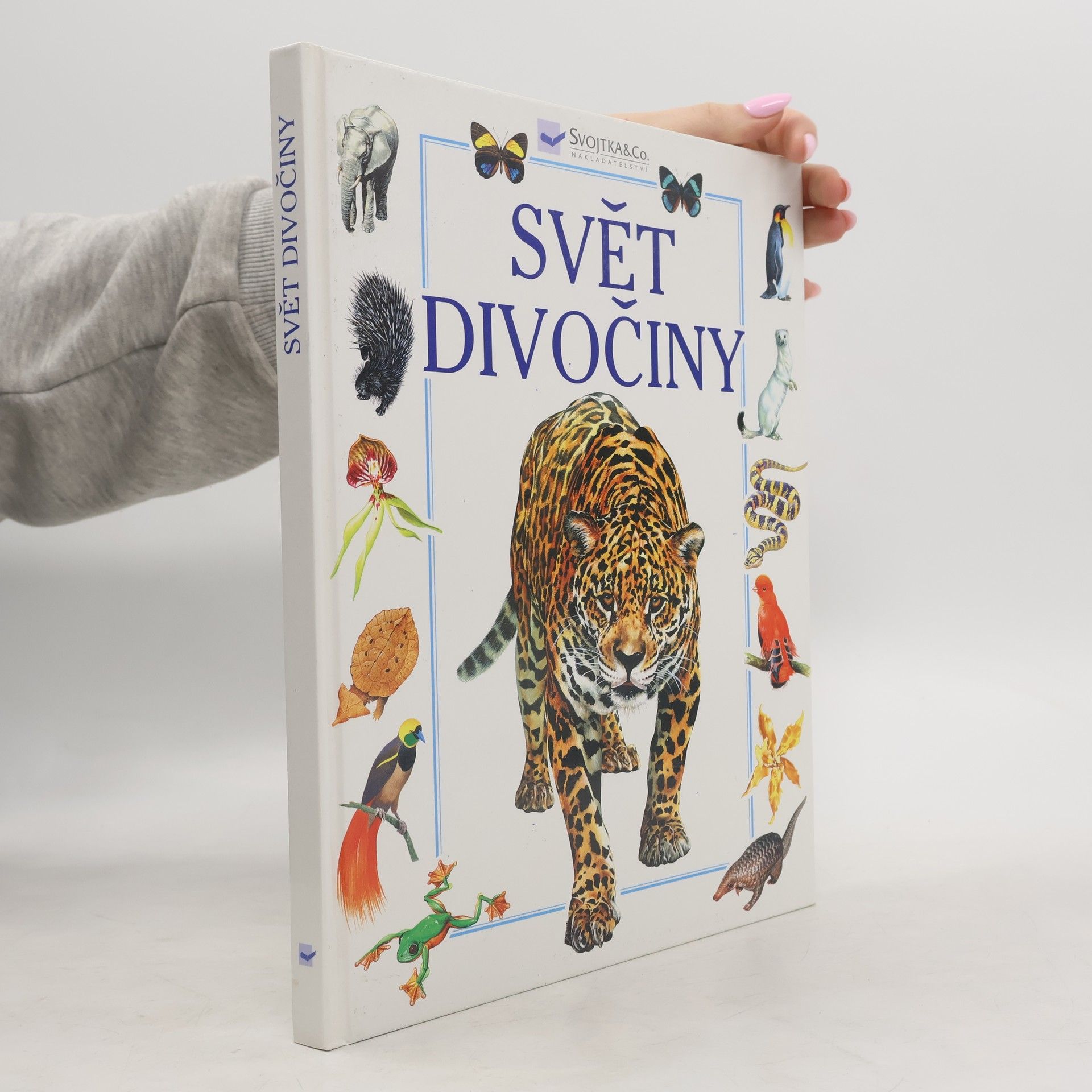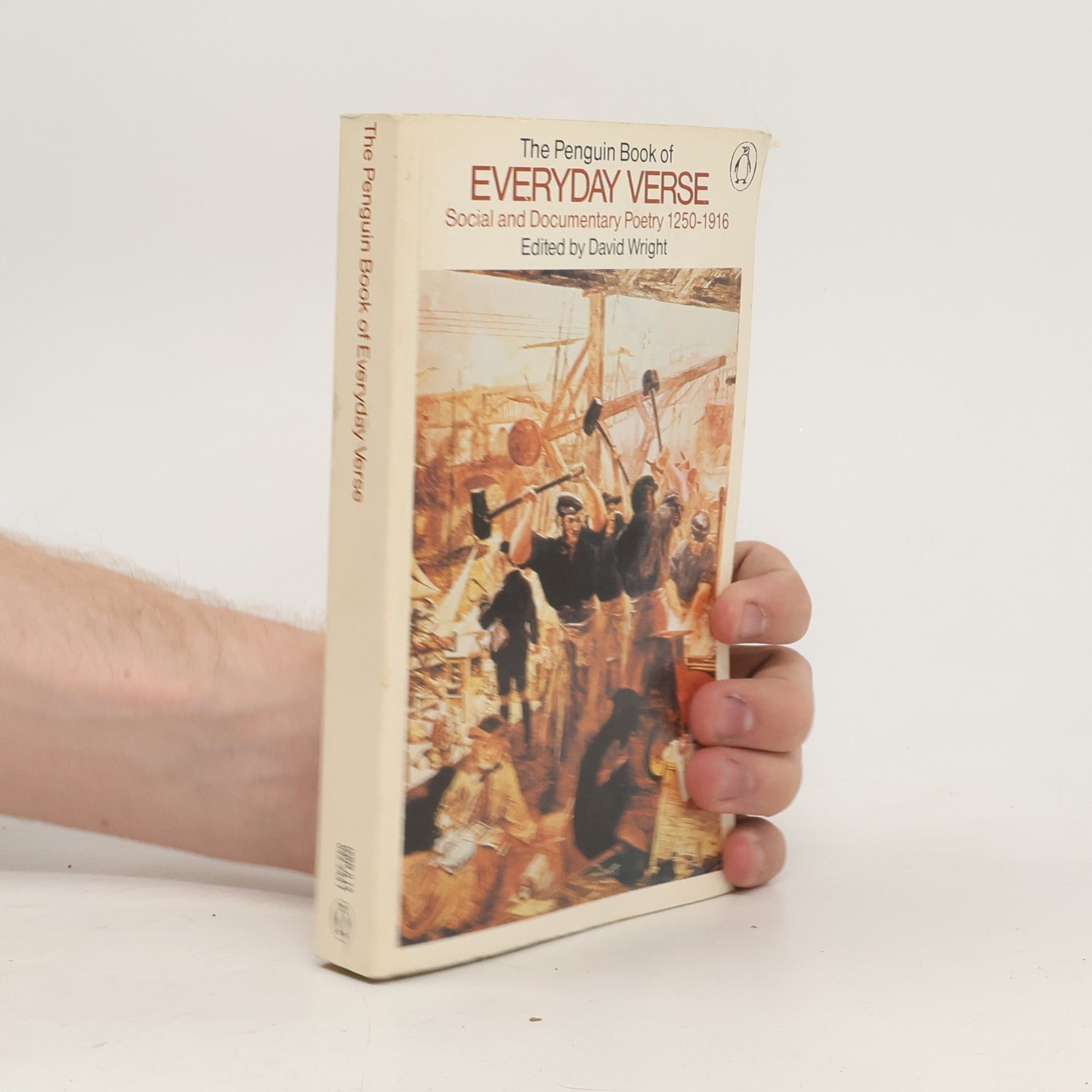Svět divočiny
- 130 stránek
- 5 hodin čtení
sestavili Mary Cartwrightová a Andrew Dixon * Svět divočiny se podrobně věnuje fauně i flóře deštných pralesů, savan, horských oblastí i polárních krajů a vysvětluje, jak jednotlivé druhy přežívají ve svém prostředí. Nádherné realistické ilustrace jdou ruku v ruce s jednoduchým a čtivým textem. Poskytuje tak ucelený pohled na svět i těch nejneobvyklejších živočichů, od tropických pralesů až po zamrzlé oblasti Antarktidy






